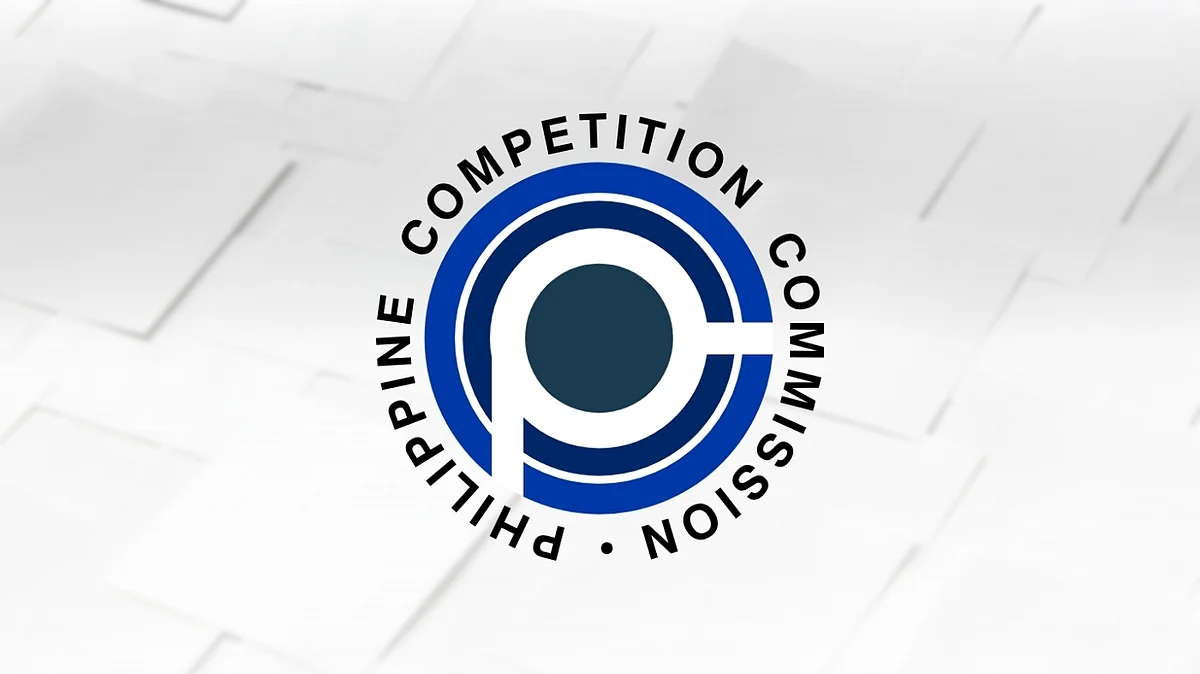
By Chris Lau, Yumi Asada, CNN
Tokyo (CNN) — After years of threatening to upend industries around the world, artificial intelligence could soon enter the corridors of power, if a fringe political party in Japan gets its way.
Upstart party Path to Rebirth unveiled plans earlier this week to install a chatbot penguin as its “AI leader,” after disappointing election results prompted its founder to give up the helm.
Human candidate Koki Okumura won the ensuing leadership race, but the doctoral student – who specializes in AI research – announced at a press conference earlier this week that he has another plan.
“The new leader will be AI,” the 25-year-old student at Kyoto University declared, while describing himself as its assistant.
“The party will entrust decision-making to AI.”
The new figurehead will take the shape of an avatar penguin, a nod to Japanese people’s love for animals, Okumura said. But it will not be throwing its hat into the ring for elections, as electoral law requires that candidates be a Japanese citizen.
“Legally, the representative must be a natural person, so formally, a human serves as the representative,” he said.
He told CNN that he envisions AI ultimately taking over all the decision-making processes relating to party operations.
“I believe it has the potential to achieve things with greater precision than humans. This approach allows us to carefully consider voices that are often overlooked by humans, potentially creating a more inclusive and humane environment for political participation,” Okumura said.
There is no timeline for the AI’s ascension to the role, although Okumura said a preparatory committee is in the works. The penguin’s appearance has also not been revealed.
The party, which according to its website is founded on the belief that anyone interested in politics should have a shot, was launched in January by Shinji Ishimaru, a former mayor of Akitakata, a city of almost 26,000 people in western Japan.
Ishimaru gained fame after coming second in the Tokyo gubernatorial election last year, thanks to a successful online campaign. But he quit the party leadership in August after it failed to secure any seats in either the capital’s local assembly election or the national upper house election earlier this year. It ran for more than 50 seats in total.
While programmed political penguins might not be what it had in mind, the Japanese government has stepped up a drive to encourage the use of AI in recent years, which experts say may be a key to mitigating the aging nation’s shrinking workforce.
Several government departments have embraced AI tech to help with aspects of work from clerical duties to matchmaking and detecting abandoned houses, but none to the extent which Okumura is suggesting for his party.
Observers have expressed reservations about Okumura’s plan, saying that it may – much like a real penguin – struggle to take off.
Hiroshi Shiratori, a political science professor from Hosei University in Tokyo, said Japanese voters are not ready for a party so dependent on AI.
“Voters choose the person who can be relied on and also choose the party who is in line with the people’s feelings,” he told CNN. “The AI is totally apart from that.”
He said it’s unlikely Okumura’s experiment would grow into a wider trend, saying Japan is a pluralistic democracy that values diverse opinions.
If political parties leave AI to make all the decisions, the professor said, all parties may end up being similar if not the same, calling it “anti-democratic by nature.”
Okumura isn’t the first to try to put AI into political office.
Last year Victor Miller, a candidate for mayor of Cheyenne, Wyoming, put his AI chatbot VIC on the ballot, while a man in the UK entered a parliamentary election in the southern city of Brighton as AI Steve, also planning to delegate authority to a neural network.
Both men – whose models initially ran on ChatGPT – said they saw in AI the main advantages of resourcefulness and an ability to communicate with the public at any time of day.
Their actions prompted ChatGPT owner OpenAI to cut their access to the software, while officials in Wyoming issued a reminder that an “AI bot is not a qualified elector.”
Thomas Ferretti, senior lecturer in ethics and sustainable business at the University of Greenwich in the UK, says that, as much as AI technologies can speed up data analyses and boost government efficiencies, they cannot make political decisions alone, and risk becoming an ethical problem.
“If AI systems are assisting political decisions, the problem is that people have different values and disagree about what our societal goals should be,” he told CNN.
Theodore Lechterman, UNESCO Chair in AI Ethics and Governance at IE University in Spain, also said the relationship between politicians and voters go beyond mere delegation of power.
“We expect human politicians to act autonomously, taking action on their own initiatives, and to operate in a physical and social world – where they must interact with fellow human politicians and constituents, examine conditions on the ground, attend ceremonies, and more,” the professor told CNN.
He said any use of AI should be “approached deliberately, honestly, and transparently” and it’s important for voters to not to forget who will be accountable.
But for Okumura, it’s about trailblazing as much as political participation.
“We’re heading towards a world where we’ll be interacting with AI. If that happens, how should we proceed with the social systems and political systems that have been taken for granted until now?” he said during the press conference.
“We want to be the first to conduct that experiment at the cutting edge.”



